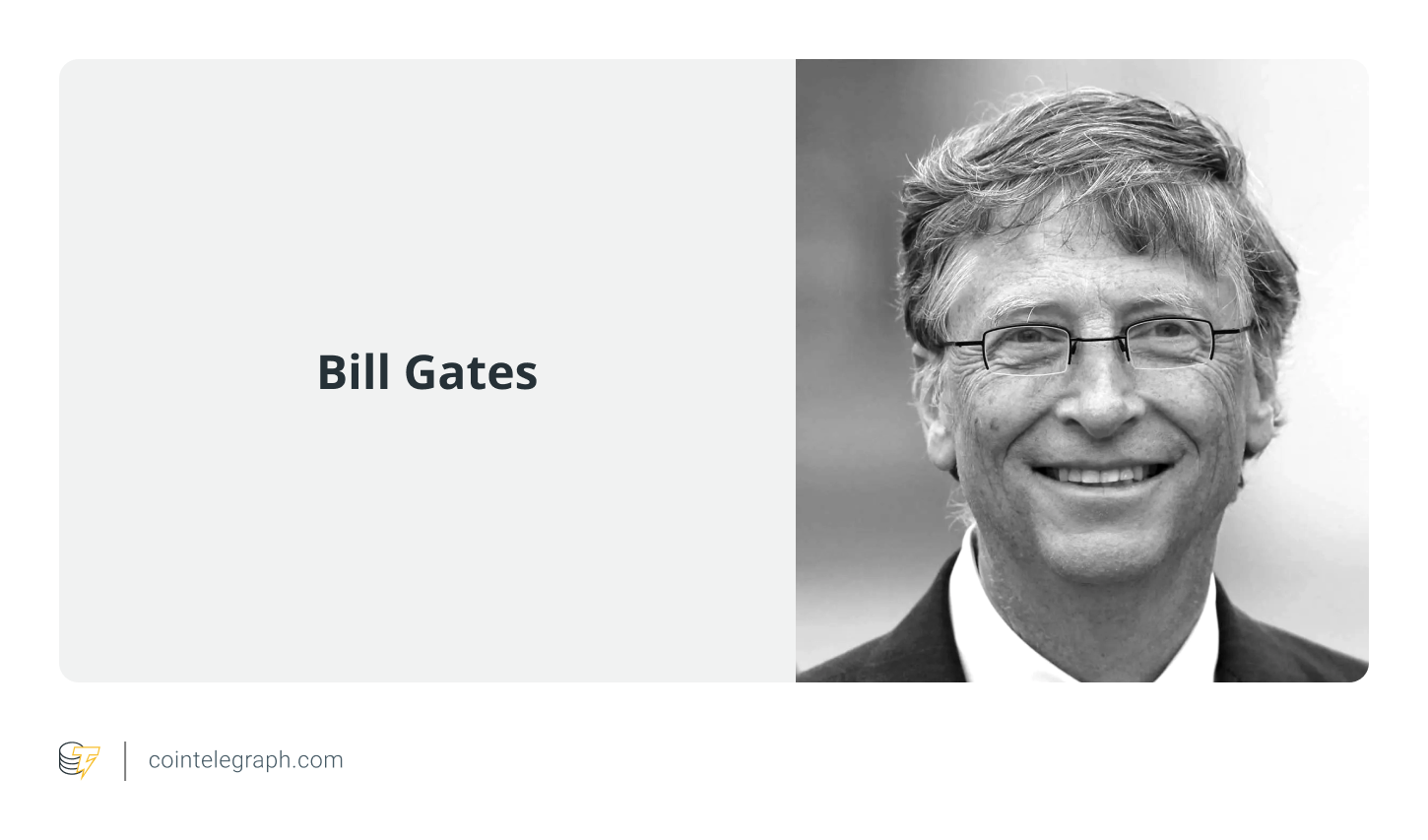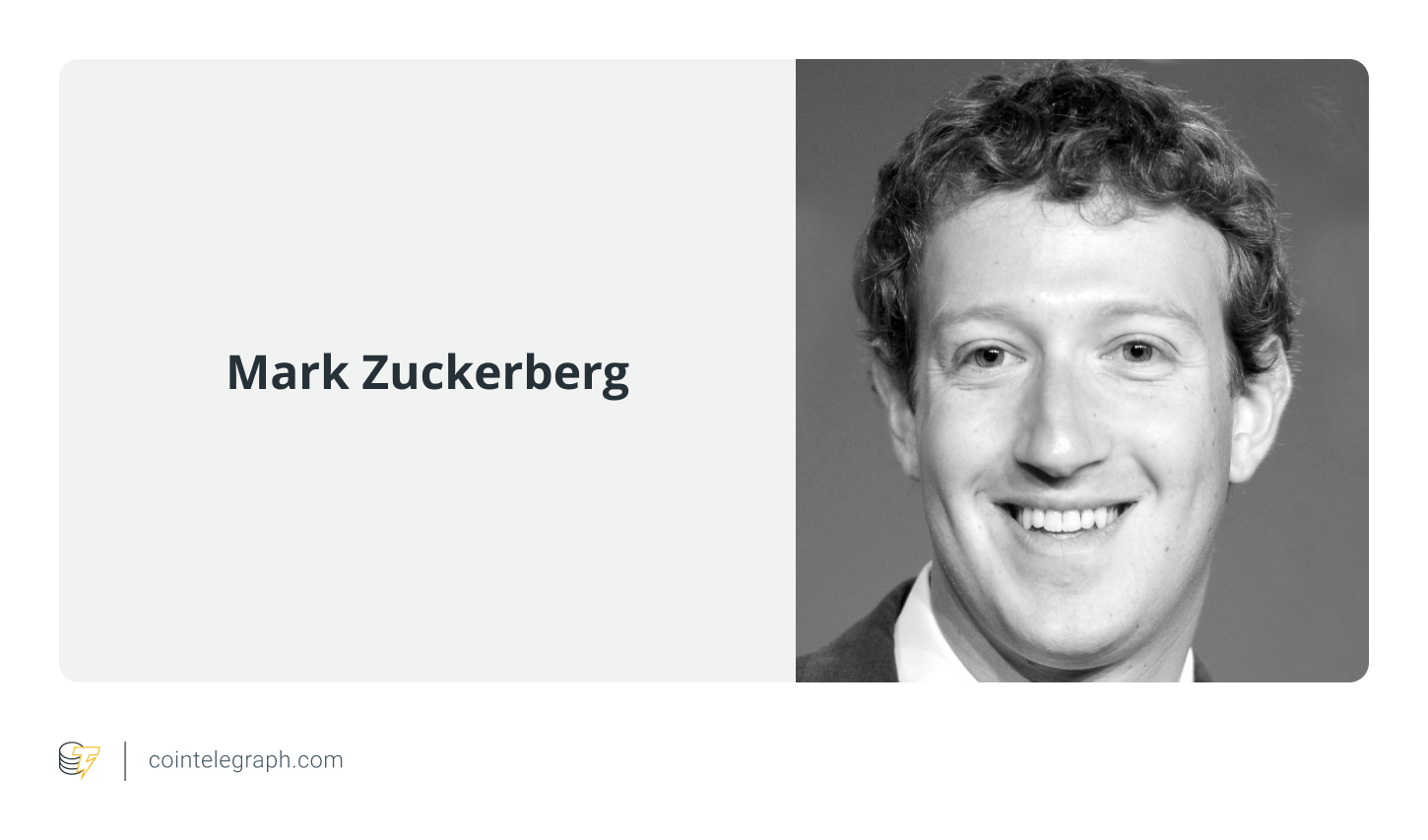
For computer programs and mobile applications, programmers must develop code. In order to keep things working properly, they are also involved in maintaining, debugging and troubleshooting software and systems.
Here is a brief overview of the top 10 most famous computer programmers of all time.
Alan Turing
Alan Turing was a British mathematician and computer scientist who contributed significantly to the growth of artificial intelligence, cryptography and computer science. He helped decipher the Enigma code during World War II and introduced the idea of the Turing Machine, a theoretical representation of a computer.

Turing also contributed to the creation of the Manchester Baby, the first stored-program computer and the basis for contemporary computing. He is widely regarded as the father of theoretical computer science and artificial intelligence.
Ada Lovelace
Many people consider Ada Lovelace, an English mathematician and writer, to be the first ever computer programmer. She understood the creative potential of computing and realized that computers could do more than just crunch numbers, creating the first published algorithm designed to be processed by a machine.

Lovelace has motivated countless generations of women to work in the fields of science and technology and is honored today for her contributions to the history of computing.
Bill Gates
Bill Gates is a software developer, businessman and philanthropist most well known for founding Microsoft, the world’s largest personal computer software company. He was crucial to the development of the PC and transformed the computer software market.

Under his direction, Microsoft created several successful lines of software, including the well-known Windows operating system, which eventually overtook other PC platforms. In addition, Gates founded the Bill and Melinda Gates Foundation to help improve global health and education.
Steve Jobs
Steve Jobs co-founded Apple and played a crucial role in developing the Macintosh, iPod, iPhone, and iPad. With his ground-breaking innovations and striking design aesthetics, he changed the PC, music and mobile phone sectors as well as popularized the graphical user interface. Jobs was a dynamic, forward-thinking leader who encouraged and motivated his team to develop and introduce successful products.

Jobs’ technical know-how and love for design and marketing contributed to Apple’s success as one of the world’s most cutting-edge and prosperous technological businesses. Numerous people acknowledge his influence on technology, and his legacy continues to motivate future generations of entrepreneurs and tech enthusiasts.
Linus Torvalds
Linus Torvalds developed the Linux operating system, which is frequently found running servers, supercomputers and mobile devices. He began Linux as a side project, but it has since expanded into an extensive global development collaboration.

In addition, he is the principal architect of the Linux kernel, the foundational element of the Linux operating system. Torvalds has won numerous honors for his contributions to the open-source software movement, and Linux has grown to be one of the most significant, well-known software projects in history.
Mark Zuckerberg
Mark Zuckerberg co-founded Facebook, one of the world’s most widely used social networking sites. He played a crucial role in building its infrastructure and turning the startup into a multibillion-dollar corporation now known as Meta. He has been instrumental in connecting people across the world through the platform, enabling them to share information, news and personal experiences.

Meta is currently working on several projects and initiatives to make its vision of the metaverse a reality, including the Meta Quest (formally Oculus Quest) virtual reality headsets, Horizon Worlds and Meta Horizon. In addition to Meta, Zuckerberg has worked on charitable projects, including the Chan Zuckerberg Initiative, which aims to advance human potential and promote equal opportunity.
Guido van Rossum
Computer programmer Guido van Rossum created the Python programming language in 1989. In addition to being the language’s original implementer, he actively participated in its growth and made numerous significant contributions to its functionality, community of users and design.

In July 2018, he left his post as the Python community’s “benevolent dictator for life” (BDFL).
Bjarne Stroustrup
Early in the 1980s, Danish computer scientist and professor Bjarne Stroustrup developed the C++ programming language. C++, one of the most popular programming languages in the world, was created by him to add object-oriented capabilities to the C language.

Stroustrup has made numerous key contributions to the design and features of the C++ language and is still actively involved in its development and progress.
Tim Berners-Lee
British computer scientist Tim Berners-Lee is widely recognized as the creator of the World Wide Web. In the early 1990s, he created the first web browser and server software and expanded on the idea of hypertext, which made it possible to create connected documents and the modern web.

Berners-Lee, who currently serves as the president of the World Wide Web Consortium — the leading international standards body for the Web — has been a significant proponent of the open Web and continues to work on its advancement and accessibility.
Dennis Ritchie
American computer scientist Dennis Ritchie was instrumental in creating the Unix operating system and the C programming language. While working at Bell Labs in the late 1960s and early 1970s, he co-created Unix, and his contributions to the development of the C programming language helped make it one of the world’s most widely used programming languages.

Ritchie is widely considered a pioneer of modern computing, and his work has had a significant impact on the computer science industry.
Main content of the article:
Summarize this content to 120 words For computer programs and mobile applications, programmers must develop code. In order to keep things working properly, they are also involved in maintaining, debugging and troubleshooting software and systems.Here is a brief overview of the top 10 most famous computer programmers of all time.Alan TuringAlan Turing was a British mathematician and computer scientist who contributed significantly to the growth of artificial intelligence, cryptography and computer science. He helped decipher the Enigma code during World War II and introduced the idea of the Turing Machine, a theoretical representation of a computer.Turing also contributed to the creation of the Manchester Baby, the first stored-program computer and the basis for contemporary computing. He is widely regarded as the father of theoretical computer science and artificial intelligence. Ada LovelaceMany people consider Ada Lovelace, an English mathematician and writer, to be the first ever computer programmer. She understood the creative potential of computing and realized that computers could do more than just crunch numbers, creating the first published algorithm designed to be processed by a machine.Lovelace has motivated countless generations of women to work in the fields of science and technology and is honored today for her contributions to the history of computing.Bill GatesBill Gates is a software developer, businessman and philanthropist most well known for founding Microsoft, the world’s largest personal computer software company. He was crucial to the development of the PC and transformed the computer software market.Under his direction, Microsoft created several successful lines of software, including the well-known Windows operating system, which eventually overtook other PC platforms. In addition, Gates founded the Bill and Melinda Gates Foundation to help improve global health and education.Steve JobsSteve Jobs co-founded Apple and played a crucial role in developing the Macintosh, iPod, iPhone, and iPad. With his ground-breaking innovations and striking design aesthetics, he changed the PC, music and mobile phone sectors as well as popularized the graphical user interface. Jobs was a dynamic, forward-thinking leader who encouraged and motivated his team to develop and introduce successful products.Jobs’ technical know-how and love for design and marketing contributed to Apple’s success as one of the world’s most cutting-edge and prosperous technological businesses. Numerous people acknowledge his influence on technology, and his legacy continues to motivate future generations of entrepreneurs and tech enthusiasts.Linus TorvaldsLinus Torvalds developed the Linux operating system, which is frequently found running servers, supercomputers and mobile devices. He began Linux as a side project, but it has since expanded into an extensive global development collaboration.In addition, he is the principal architect of the Linux kernel, the foundational element of the Linux operating system. Torvalds has won numerous honors for his contributions to the open-source software movement, and Linux has grown to be one of the most significant, well-known software projects in history.Mark ZuckerbergMark Zuckerberg co-founded Facebook, one of the world’s most widely used social networking sites. He played a crucial role in building its infrastructure and turning the startup into a multibillion-dollar corporation now known as Meta. He has been instrumental in connecting people across the world through the platform, enabling them to share information, news and personal experiences. Meta is currently working on several projects and initiatives to make its vision of the metaverse a reality, including the Meta Quest (formally Oculus Quest) virtual reality headsets, Horizon Worlds and Meta Horizon. In addition to Meta, Zuckerberg has worked on charitable projects, including the Chan Zuckerberg Initiative, which aims to advance human potential and promote equal opportunity.Related: What is metaverse in blockchain? A beginner’s guide on an internet-enabled virtual worldGuido van RossumComputer programmer Guido van Rossum created the Python programming language in 1989. In addition to being the language’s original implementer, he actively participated in its growth and made numerous significant contributions to its functionality, community of users and design. In July 2018, he left his post as the Python community’s “benevolent dictator for life” (BDFL).Bjarne StroustrupEarly in the 1980s, Danish computer scientist and professor Bjarne Stroustrup developed the C++ programming language. C++, one of the most popular programming languages in the world, was created by him to add object-oriented capabilities to the C language. Stroustrup has made numerous key contributions to the design and features of the C++ language and is still actively involved in its development and progress.Tim Berners-LeeBritish computer scientist Tim Berners-Lee is widely recognized as the creator of the World Wide Web. In the early 1990s, he created the first web browser and server software and expanded on the idea of hypertext, which made it possible to create connected documents and the modern web. Berners-Lee, who currently serves as the president of the World Wide Web Consortium — the leading international standards body for the Web — has been a significant proponent of the open Web and continues to work on its advancement and accessibility.Related: What is Web 3.0: A beginner’s guide to the decentralized internet of the futureDennis RitchieAmerican computer scientist Dennis Ritchie was instrumental in creating the Unix operating system and the C programming language. While working at Bell Labs in the late 1960s and early 1970s, he co-created Unix, and his contributions to the development of the C programming language helped make it one of the world’s most widely used programming languages. Ritchie is widely considered a pioneer of modern computing, and his work has had a significant impact on the computer science industry.















